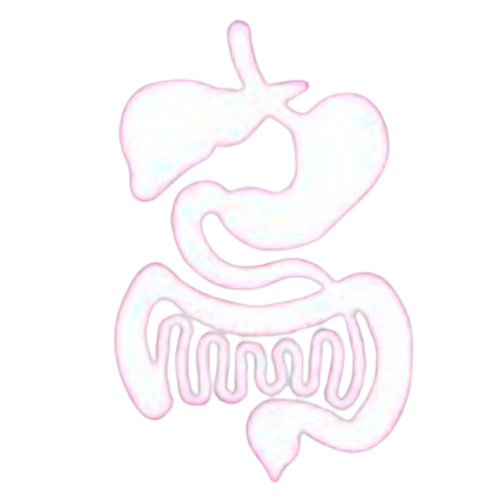Happy to help you with
Services
Here’s a list of my services according to different conditions and procedures
01.
Dyspepsia
Indigestion, or upset stomach described by feelings of discomfort in the upper abdomen
02.
Constipation
Difficulty or pain in passing stools. Learn why you feel constipated & what all can be done about it
03.
IBS & IBD
Learn how Irritable Bowel Syndrome & Inflammatory Bowel Disease can all be
diagnosed & treated by dietary changes
04.
Gastritis
An infection that causes liver inflammation and damage. Know what causes this, & how we doctors diagnose it and possibly treat it
05.
GERD
If alcohol is consumed more than that our liver can process, it can lead to serious liver damage. Read about the early symptoms.
06.
Fatty Liver Disease
An increased build-up of fat in the liver, usually associated with obesity & type 2 diabetes. Find out how it can be stopped or treated
I perform the following service procedures
Procedures
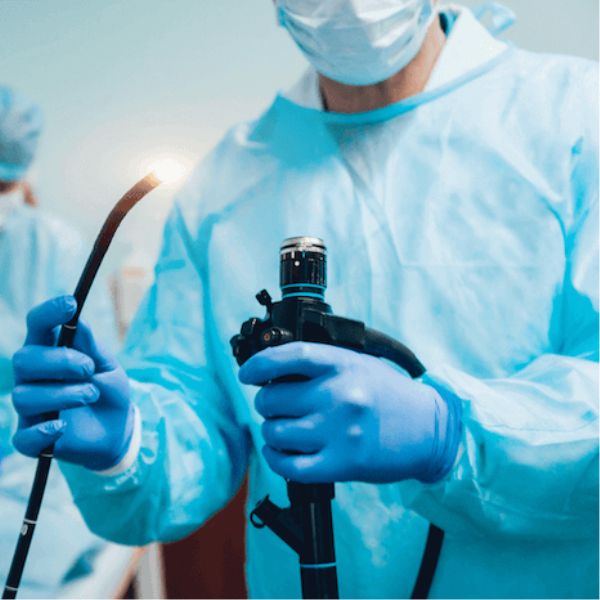
Diagnostic & Therapeutic Upper GI Scopy
This procedure is done to visually inspect and diagnose various conditions affecting the upper digestive system.
The endoscope, a thin, flexible tube with a light and camera on its tip, is passed through the mouth and down the throat into the esophagus, stomach, and duodenum.
This procedure can help identify conditions such as gastroesophageal reflux disease (GERD), ulcers, inflammation, tumors, bleeding, and other abnormalities.
Variceal Banding & Stricture Dilatation
These two are esophagus-related procedures which help in preventing bleeding because of varices (mostly observed in patients with some liver diseases), and in improving swallowing (for patients with dysphagia)
In some cases of Liver Cirrhoses, I’ve observed that the veins that deliver blood to the Liver are under a lot of pressure. This pressure causes veins to swell, and it risks rupture & bleeding. Because of variceal banding, we are able to provide support to such veins, especially the portal vein
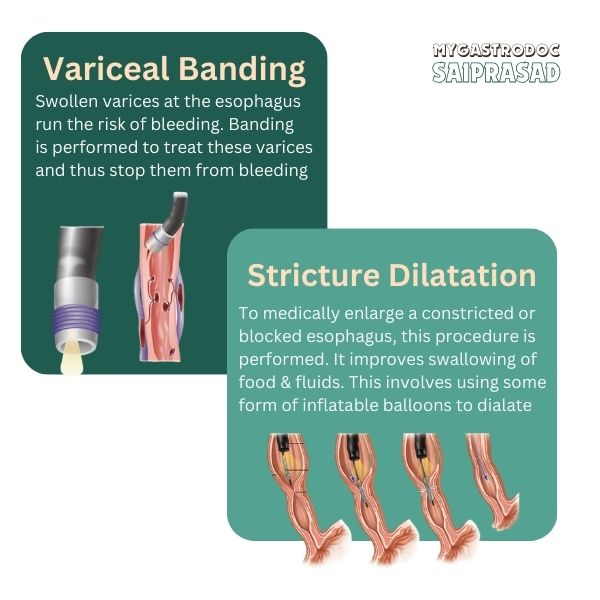
ERCP for benign & malignant Biliary Diseases & Pancreatic Dieaseases
Endoscopic Retrograde Cholangiopancreatography (ERCP) is a medical procedure that combines endoscopy and fluoroscopy to diagnose and treat problems in the liver, gallbladder, bile ducts, and pancreas. ERCP is commonly used for both benign and malignant biliary diseases as well as pancreatic diseases. Here’s how ERCP is utilized in the context of these conditions:
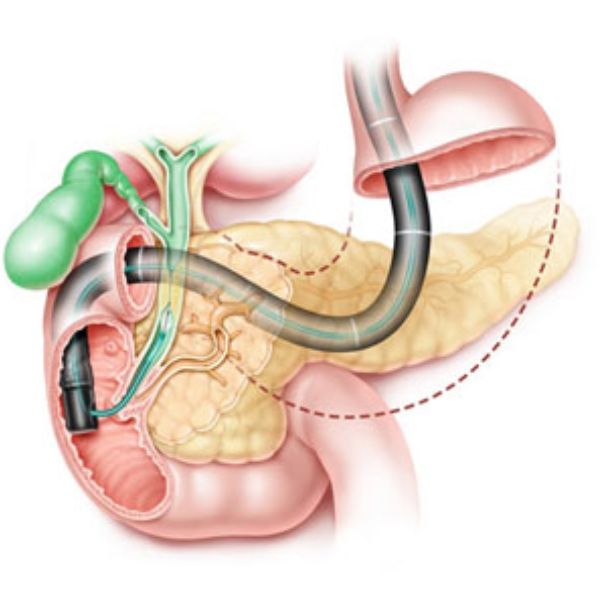
Gallstones: ERCP can be used to remove gallstones. This is often done by performing a sphincterotomy (cutting the sphincter muscle) and extracting the stones.
Biliary Strictures: ERCP can help identify and treat strictures (narrowing) in the bile ducts. This may involve balloon dilation or stenting to widen the duct and allow normal bile flow.
Pancreatic Cancer: ERCP can be used to obtain tissue samples (biopsy) from the pancreas to confirm the diagnosis of pancreatic cancer. Stents can also be placed to relieve biliary obstruction
Biliary Tract Cancers: ERCP can help in the diagnosis and palliative treatment of cancers affecting the bile ducts.
Chronic Pancreatitis: ERCP can be used to assess the pancreatic duct for strictures, stones, or other abnormalities. Therapeutic interventions may include stent placement or stone removal.
Acute Pancreatitis: ERCP may be indicated in certain cases of acute pancreatitis, particularly if there are complications such as gallstone pancreatitis or pancreatic duct obstruction.
Pancreatic Pseudocysts: ERCP can be utilized in draining pancreatic pseudocysts by placing a stent to allow fluid to drain into the duodenum.
Endoscopic Ultrasound
It is a medical imaging technique that combines endoscopy and ultrasound to visualize and evaluate the organs and structures within the body.
The procedure involves the use of an endoscope—a flexible, long tube with a light and a camera at its tip
The key feature of endoscopic ultrasound is the incorporation of an ultrasound transducer at the end of the endoscope. This allows for the generation of high-frequency sound waves that create detailed images of the internal organs and surrounding tissues. The ultrasound waves can penetrate deeper into the tissues than traditional imaging methods, providing clearer images of structures like the pancreas, liver, gallbladder, and lymph nodes.
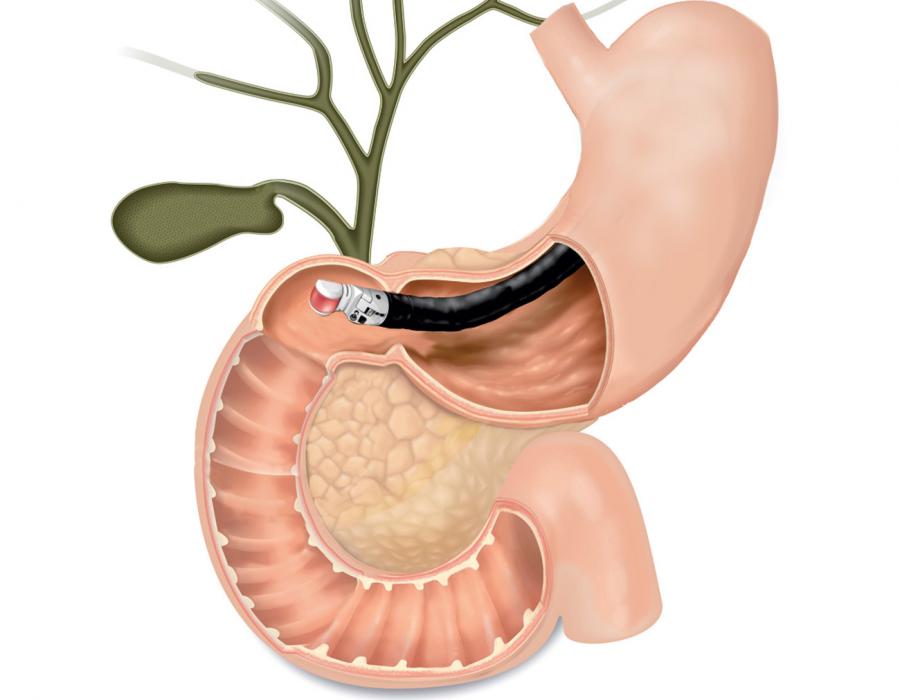
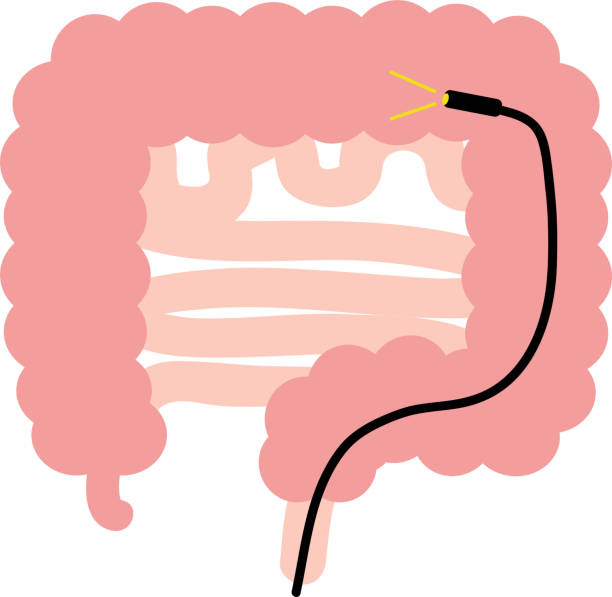
Diagnostic & Therapeutic Colonoscopy
This procedure is done to visualize the colon and rectum to identify any abnormalities, such as inflammation, polyps, tumors, or signs of colorectal diseases.
In addition to visualization, a colonoscopy can be therapeutic, meaning that certain procedures or interventions can be performed during the same procedure.
Foreign Body Removal
Things which people accidently swallowed, such as toy cars or things like chicken bones, etc. You get the idea. These foreign bodies have to be removed with care so as to not damage our GI system.
I perform procedures where Foreign Body Removal is done.
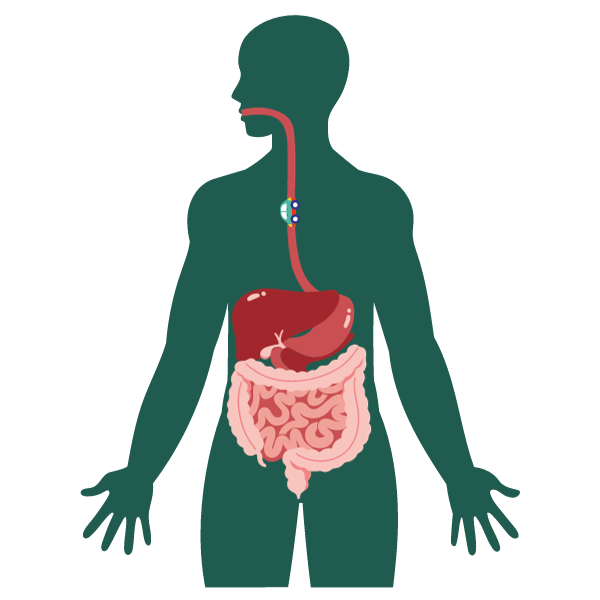
Special Offer
Follow me on Instagram
Know about GI Care through my posts on Instagram
